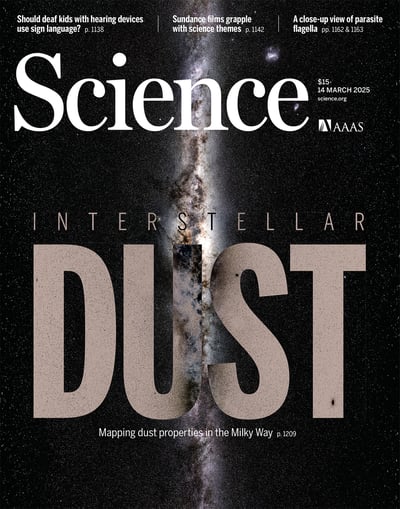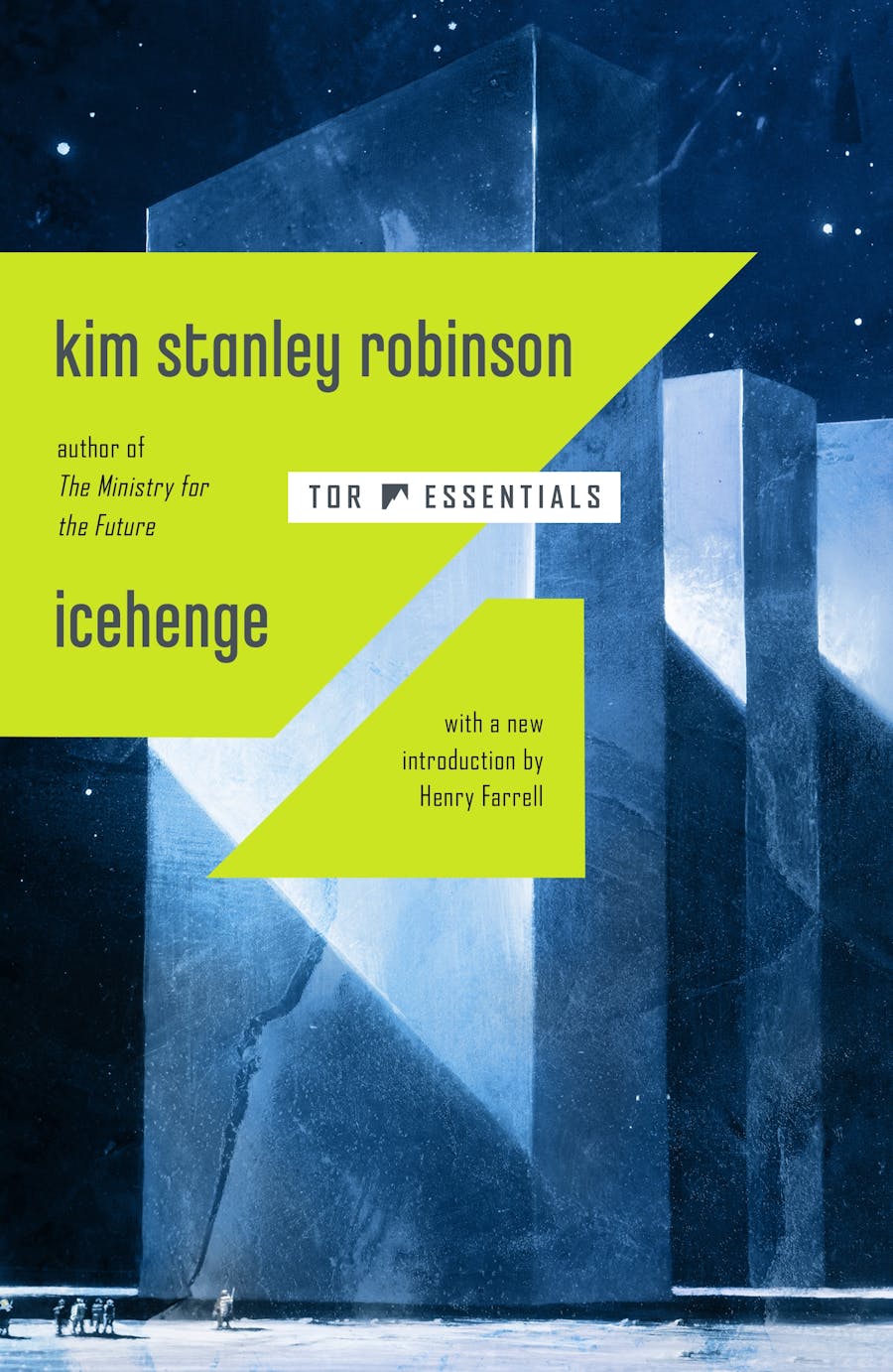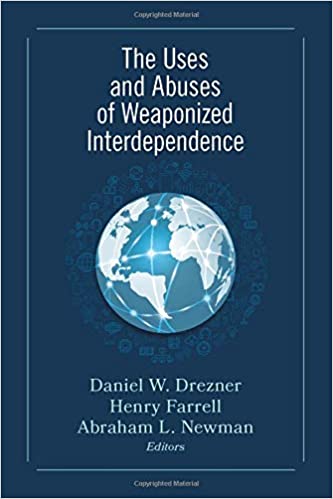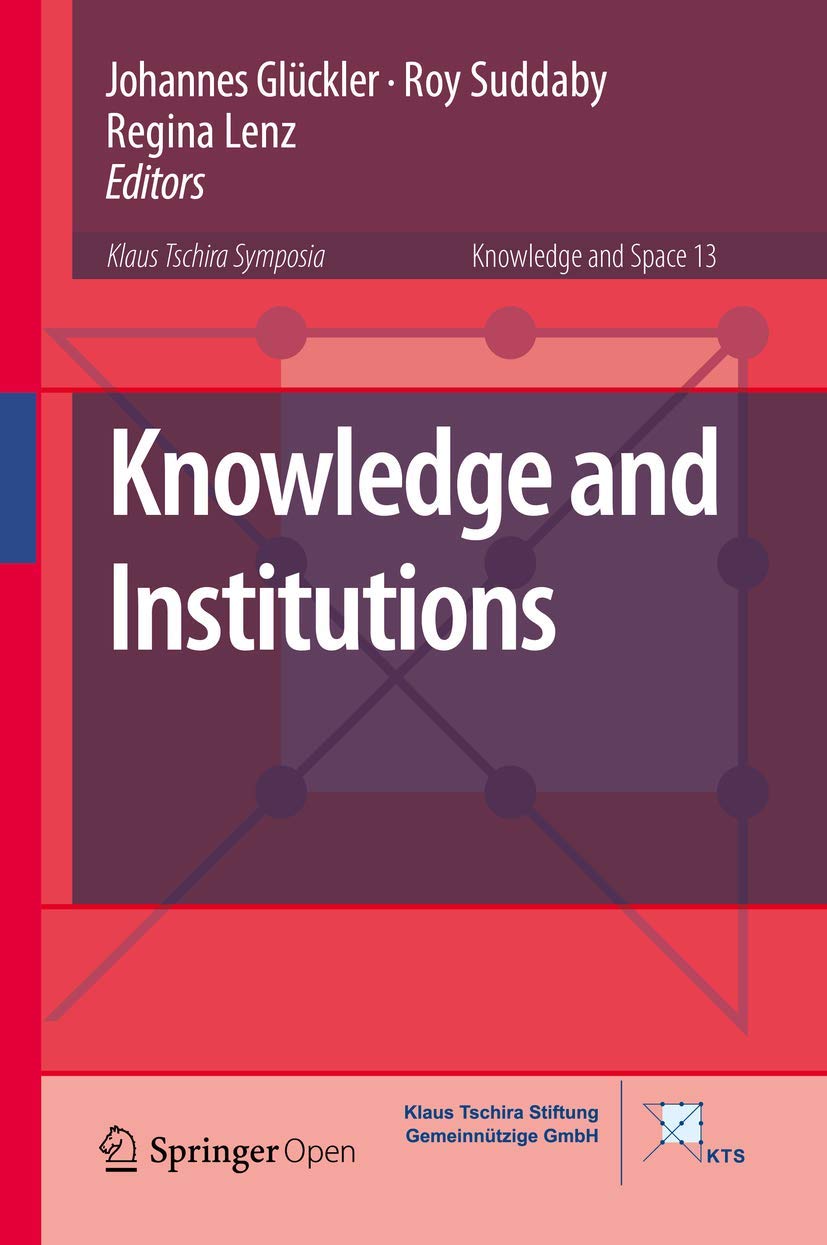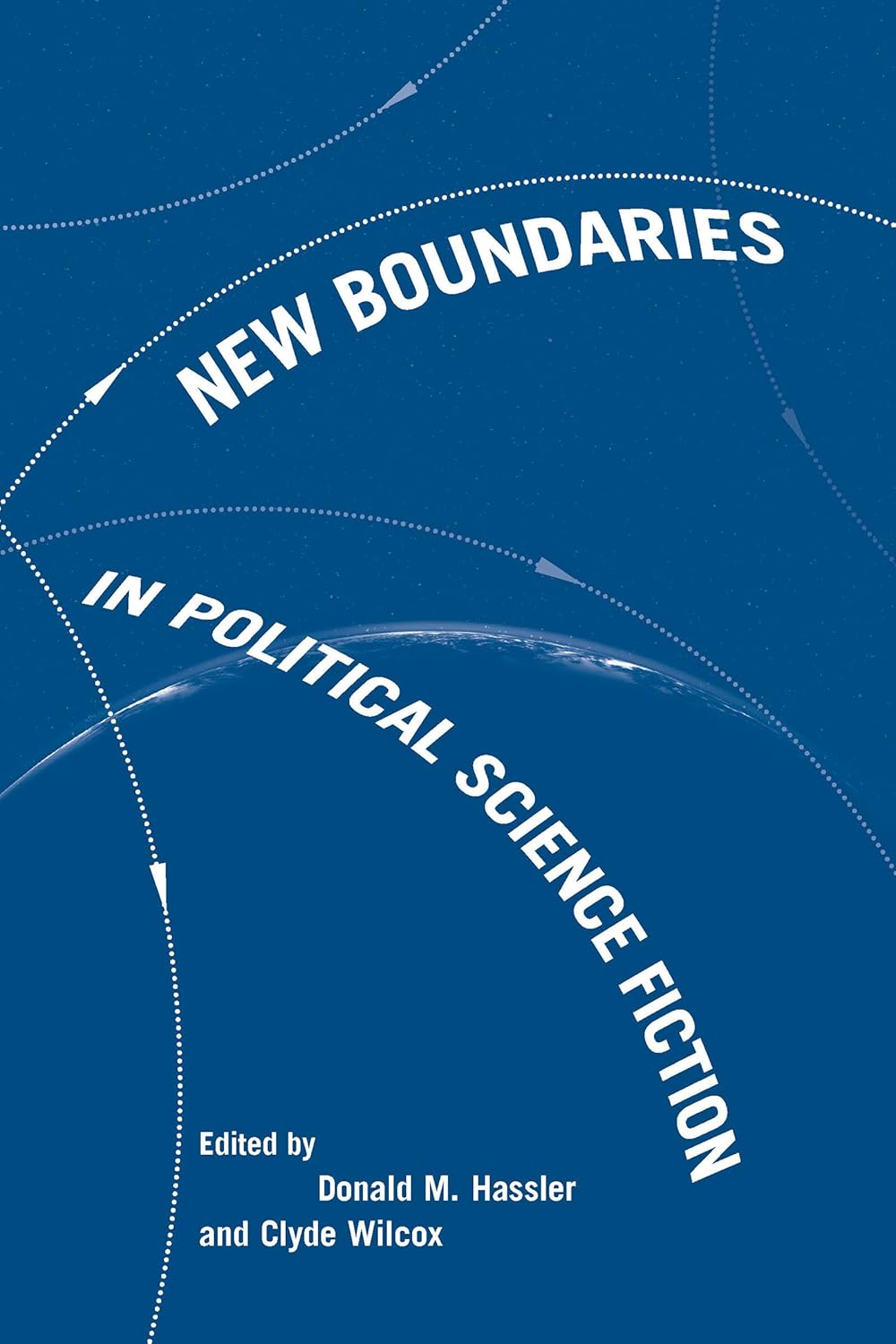Academic Writing
Featured Academic Articles:
AI as Governance
July 12, 2025
featured
Political scientists have had remarkably little to say about artificial intelligence (AI), perhaps because they are dissuaded by its technical complexity and by current debates about whether AI might emulate, outstrip, or replace individual human intelligence. They ought to consider AI in terms of its relationship with governance. Existing large-scale systems of governance such as markets, bureaucracy, and democracy make complex human relations tractable, albeit with some loss of information. AI’s major political consequences can be considered under two headings. First, we may treat AI as a technology of governance, asking how AI’s capacities to classify information at scale affect markets, bureaucracy, and democracy. Second, we might treat AI as an emerging form of governance in its own right, with ...
Read Article
Large AI models are cultural and social technologies
March 13, 2025
featured pin Science
Large AI models are cultural and social technologies Debates about artificial intelligence (AI) tend to revolve around whether large models are intelligent, autonomous agents. Some AI researchers and commentators speculate that we are on the cusp of creating agents with artificial general intelligence (AGI), a prospect anticipated with both elation and anxiety. There have also been extensive conversations about cultural and social consequences of large models, orbiting around two foci: immediate effects of these systems as they are currently used, and hypothetical futures when these systems turn into AGI agents perhaps even superintelligent AGI agents. As per Science’s rules, I hereby am making it clear that the below is the author’s version of the work. It is posted by permission ...
Read Article
Henry Farrell Talks to Kim Stanley Robinson
June 11, 2024
featured Vector with Kim Stanley Robinson
Henry Farrell and Kim Stanley Robinson (2024), “Henry Farrell Talks to Kim Stanley Robinson,” Vector, 299. Henry Farrell teaches democracy and international affairs at Johns Hopkins University. Kim Stanley Robinson is a science fiction writer whose most recent novel is The Ministry for the Future. Their conversation took place in March 2023 at Stanford’s Center for Advanced Studies in the Behavioral Sciences, around Tor’s forthcoming June 2024 re-issue of Robinson’s 1984 novel, Icehenge. HF – How did you come to write Icehenge? KSR – When I was a kid I loved stories about archeology, including pseudo-archaeology. There were quite a few fake archaeologies about when people first got to the Americas – the Phoenicians; St. Brendan; the Welsh – I ...
Read Article
Academic Writing Archives
Featured Chapters in Edited Volumes:
“Weaponized Interdependence and Networked Coercion: A Research Agenda,” in The Uses and Abuses of Weaponized Interdependence – with Abraham Newman – eds. Daniel Drezner, Henry Farrell and Abraham Newman
March 2, 2021
Brookings Institution 2021 eds. Daniel Drezner Henry Farrell and Abraham Newman featured
When we initially wrote our article on weaponized interdependence, we hoped that it would help people think more clearly about how economic coercion was changing. We did not anticipate either ...
Read Article
“The Shared Challenges of Institutional Theories: Rational Choice,” in Historical Institutionalism, and Sociological Institutionalism, Knowledge and Institutions – eds. Johannes Glückler, Roy Suddaby and Regina Lenz
June 8, 2018
economic geography Economics eds. Johannes Glückler Roy Suddaby and Regina Lenz
Scholarship on institutions across the social sciences faces a set of fundamental dilemmas. On the one hand, it needs to explain how institutions change. Yet explanations of change which point ...
Read Article
“Socialist Surrealism: China Miéville’s New Crobuzon Novels,” in New Boundaries in Political Science Fiction – eds. Donald Hassler and Clyde Wilcox
July 7, 2008
eds. Donald Hassler and Clyde Wilcox featured University of South Carolina Press: 2008
How do politics and the science fiction and fantasy genres inform each other? Science fiction has always had a strong undercurrent of utopianism – writers as different in their ideological ...
Read Article
All Academic Articles & Chapters in Edited Volumes
Academic Article
Piecing Together the Democratic Peace: The CSCE, Norms and the ‘Construction’ of Security in Post-Cold War Europe – With Gregory Flynn
January 9, 1999
International Organization with Gregory Flynn
The end of the Cold War has profoundly transformed Europe’s security situation. Although traditional security issues remain important, the most immediate threats to security since ...
Read More

